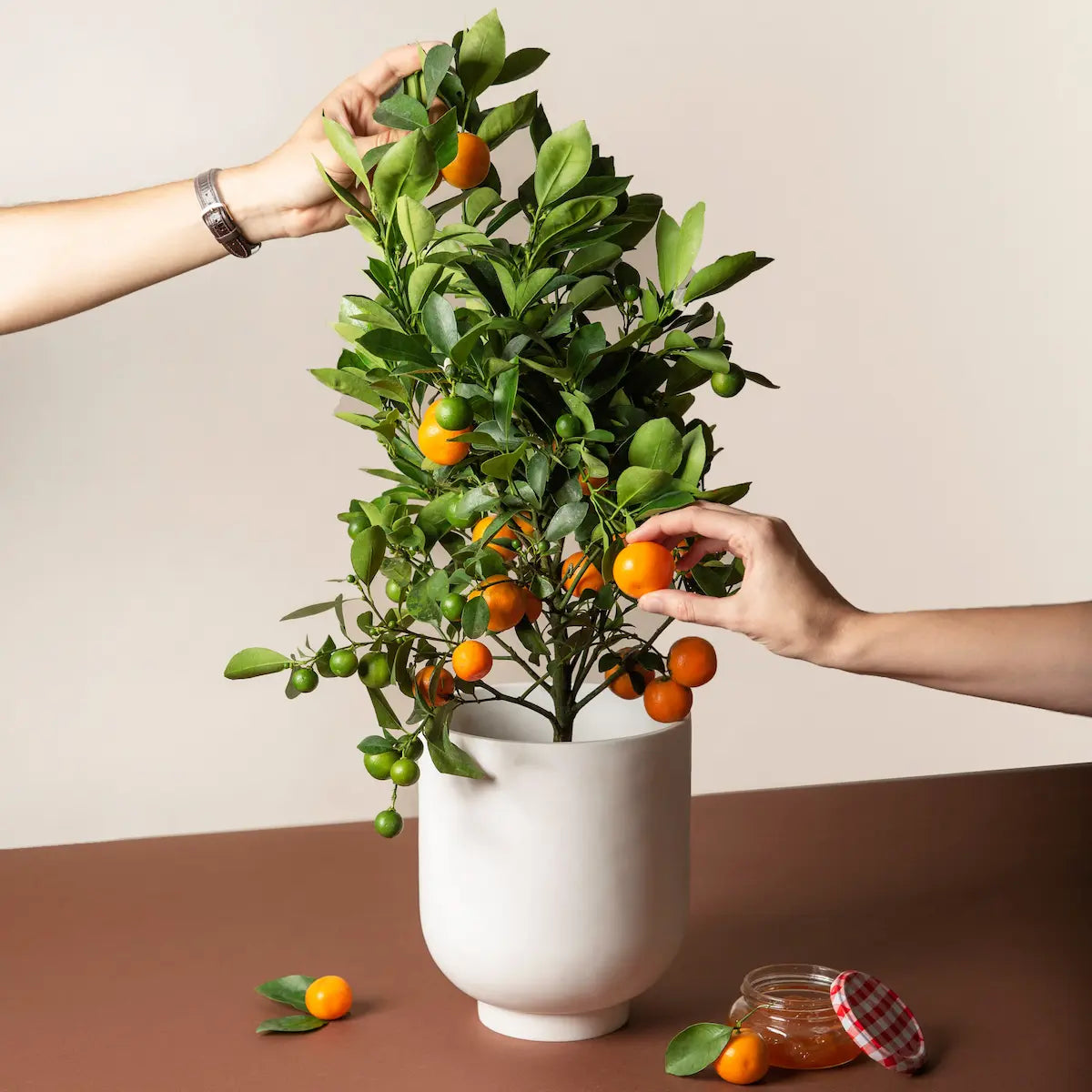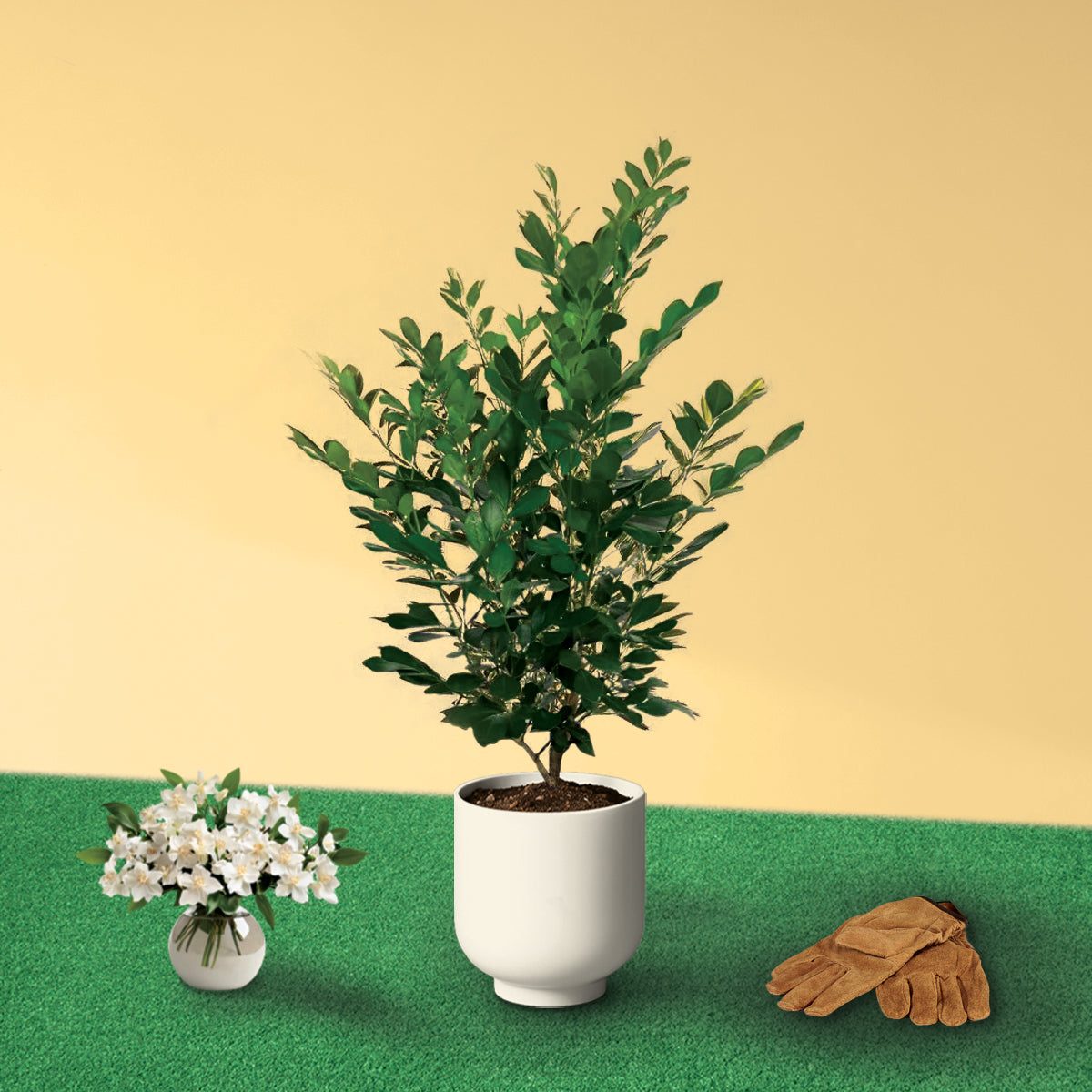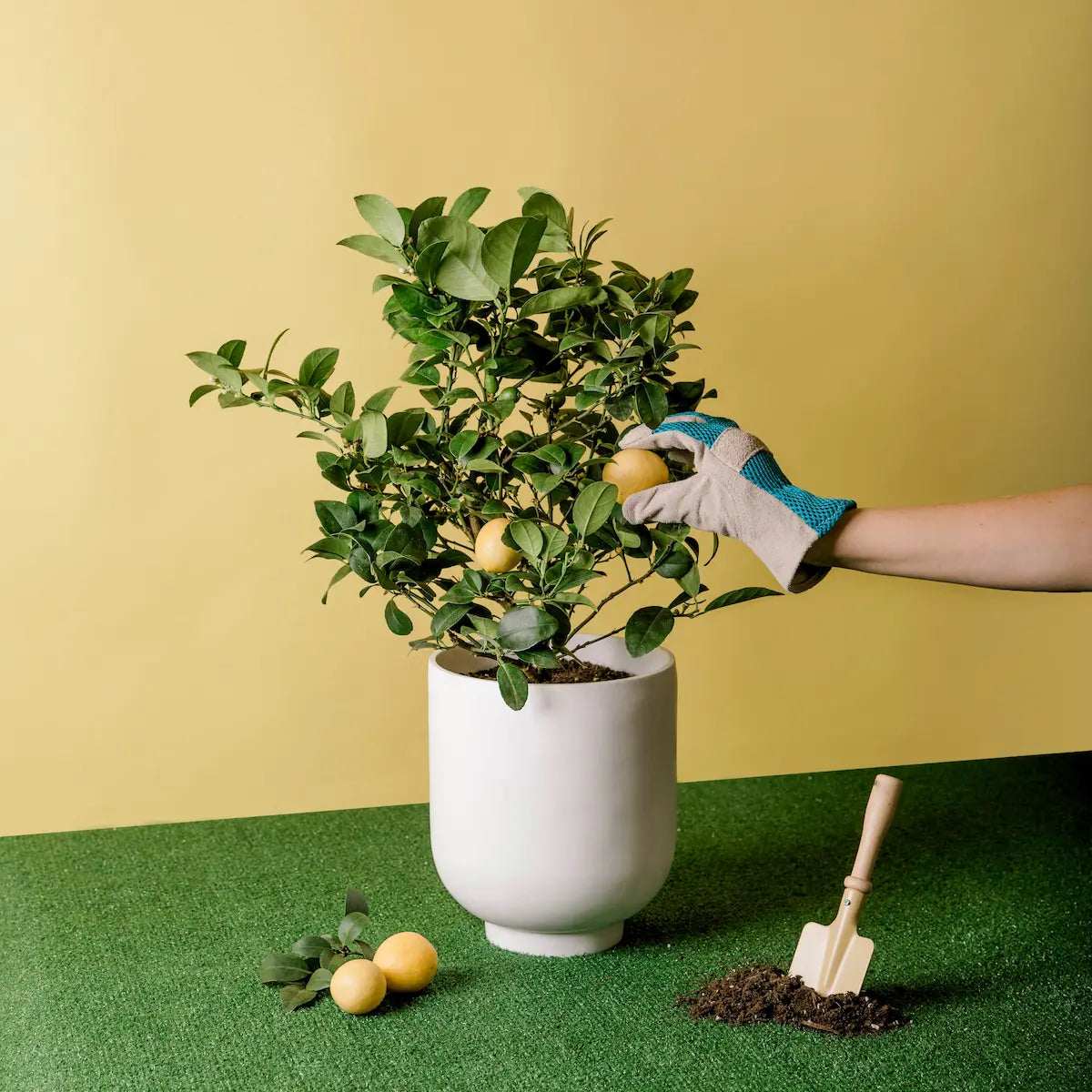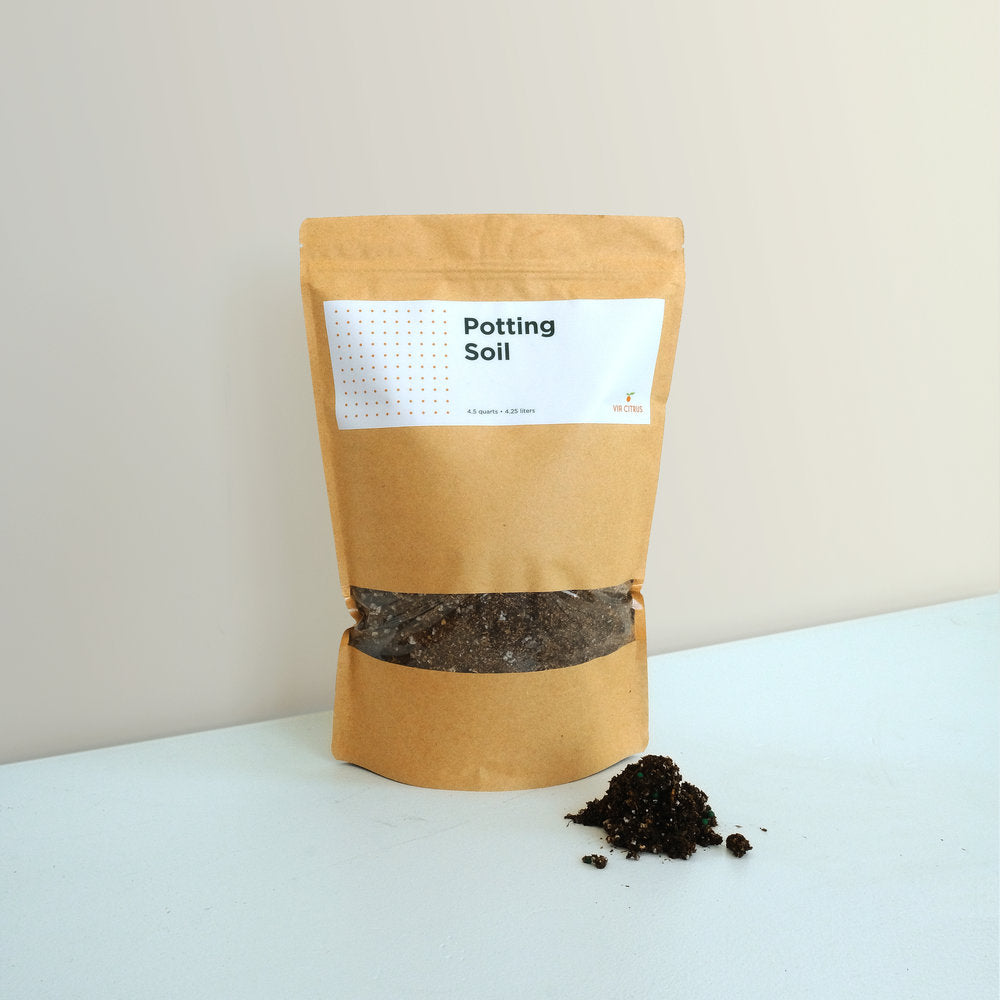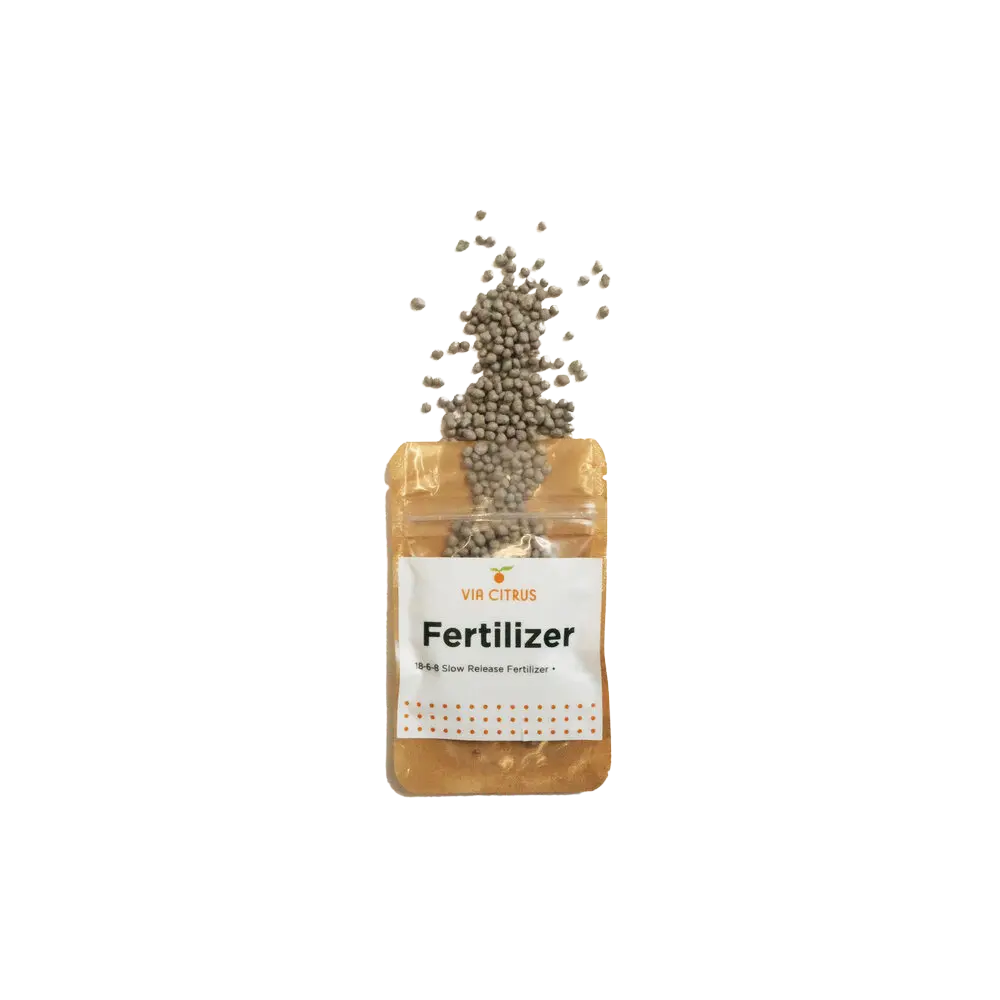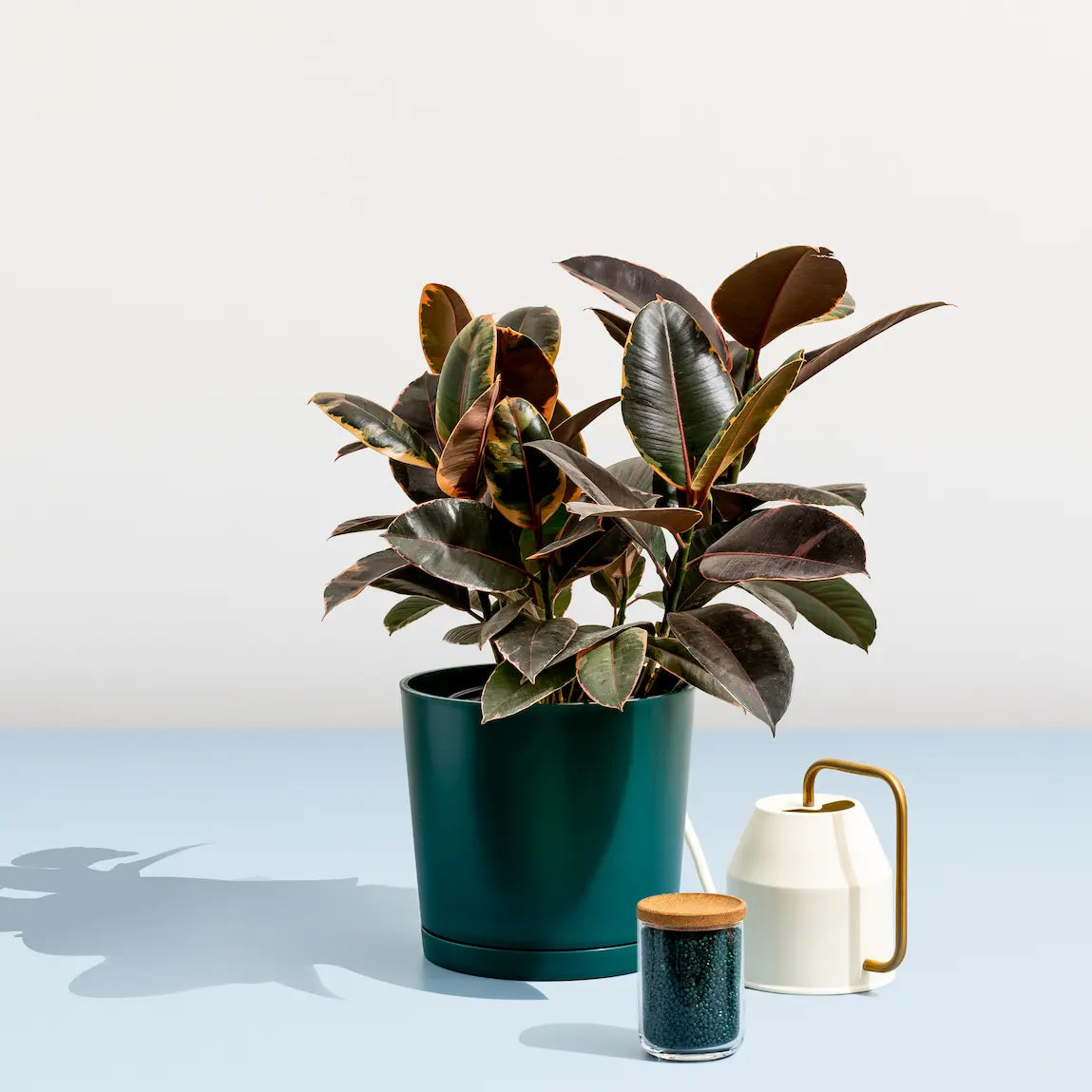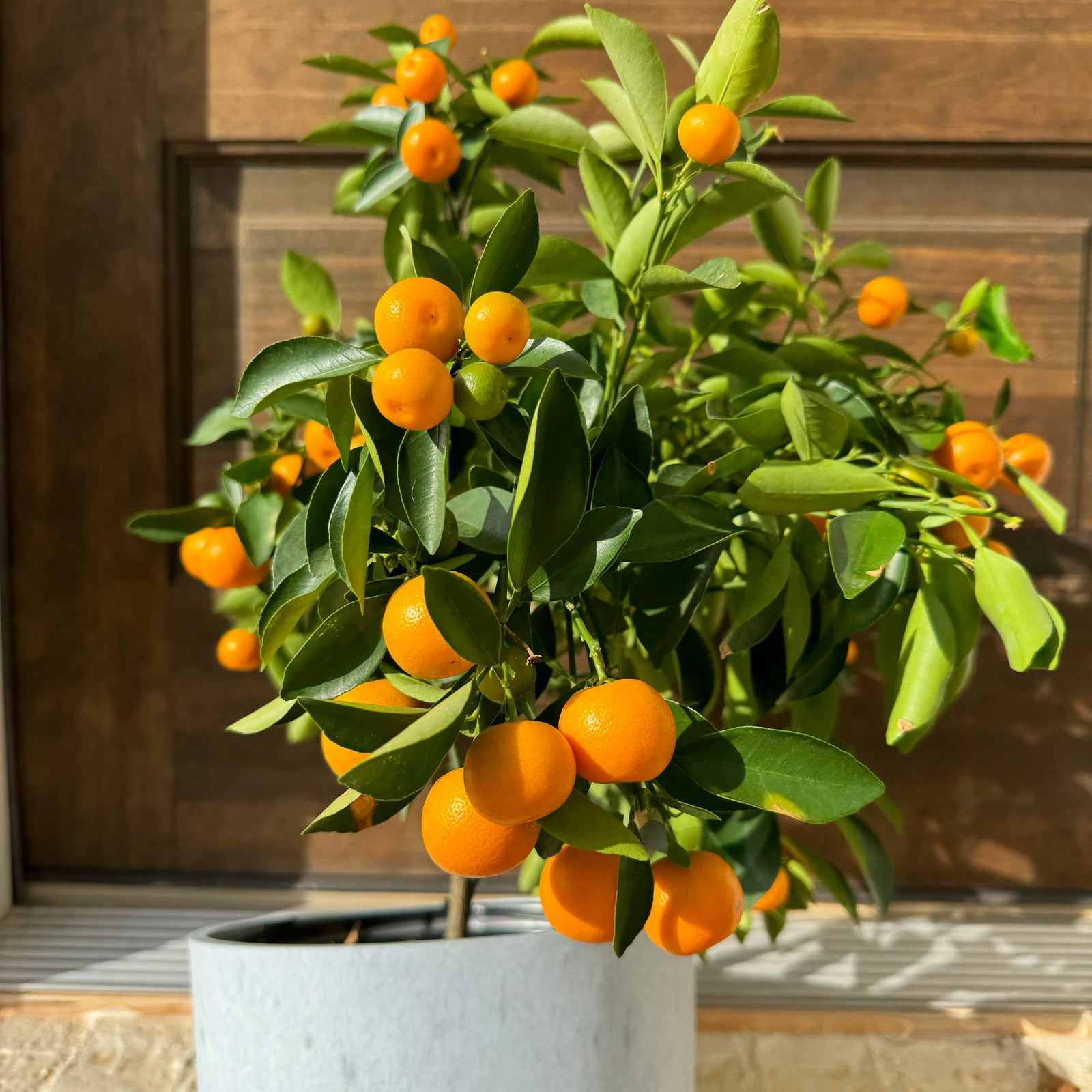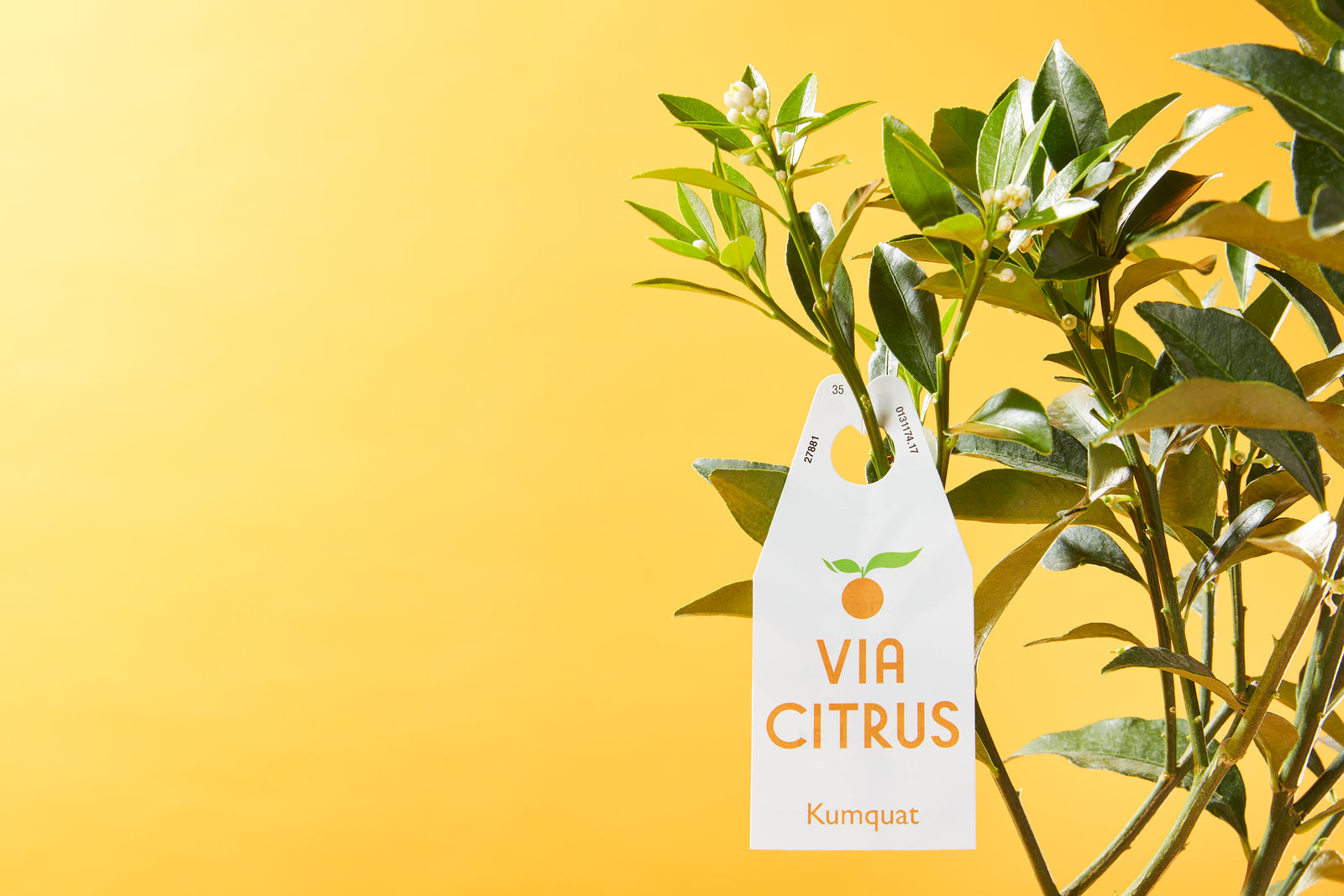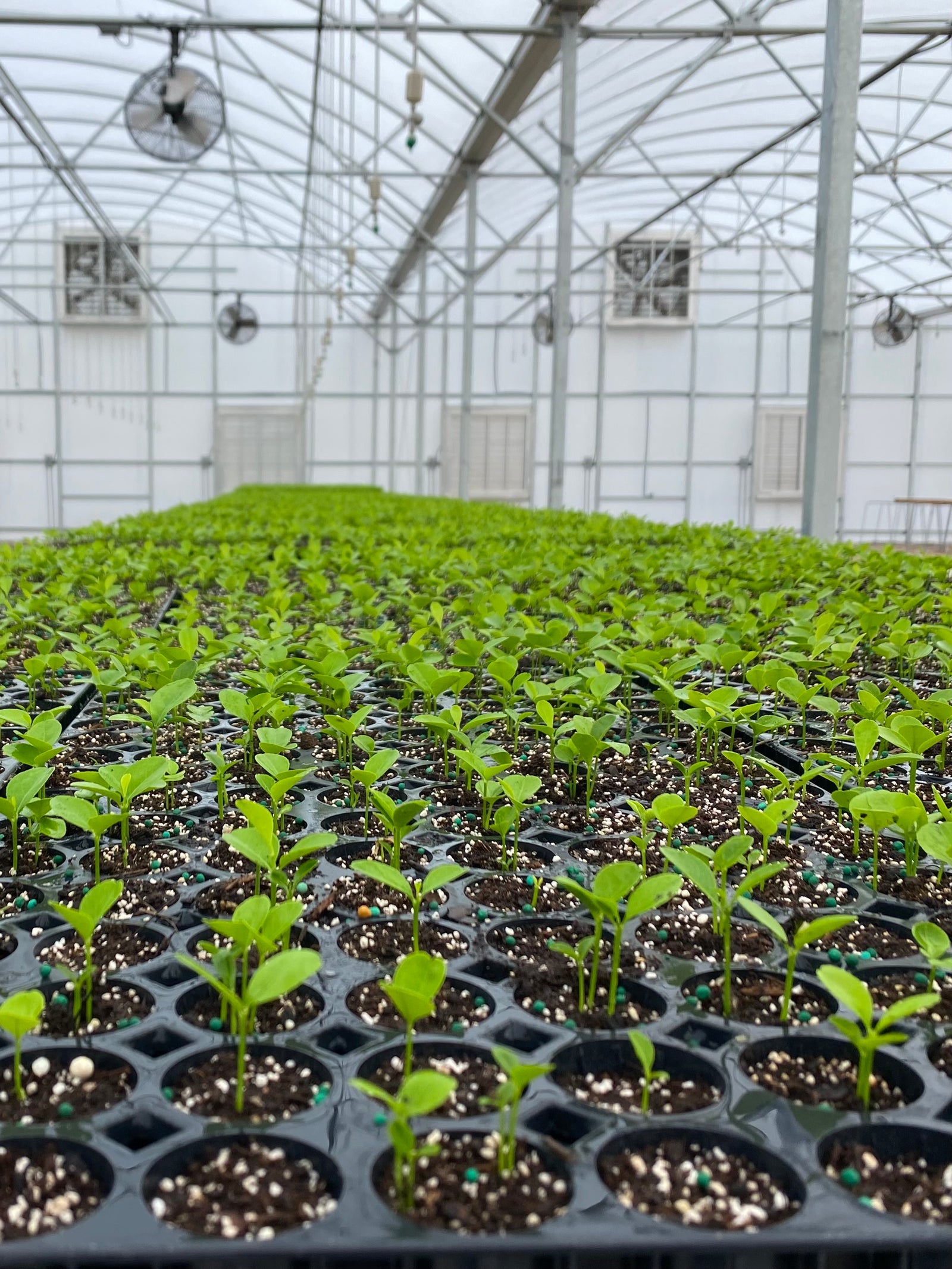A calamondin (cal-a-mon-din), also called calamansi, is a small citrus hybrid. People grow it for both its colorful looks and its tasty fruit. Each plant has deep green, oblong leaves and white flowers. These flowers transform into the smooth calamansi fruit, which looks similar to a kumquat.
Calamansi is also called acid orange or golden lime. Many believe it originated from China. Nowadays, it is mostly grown in the Philippines and Southeast Asia. The fruit is used to season soups, sauces, seafood dishes, and other foods. Calamansi reached Florida in the early twentieth century, flourishing along the Gulf Coast and in the southern United States. Calamansi's unique fruity flavor has made it a popular ingredient in lemonades, marmalades, and cakes. They are also sliced into wedges and served raw with tea. Modern recipes use calamansi's vivid zest to enhance cocktails and citrusy desserts.
The calamansi fruit is similar in shape to tangerines, reaching only about an inch in diameter or roughly the size of a small lime. They have thin rinds that deepen from a yellow-orange to a more carrot-colored hue depending on their maturity. When picking ripe calamansi, it is best to snip the fruit from the tree to avoid tearing the branch or skin of the calamansi.
Throughout the year, calamansi plants experience several flushes or periods of new growth. The plants self-pollinate, so they don't require mates to produce fruit. Simply water when dry and keep your calamansi in bright sunlight. Whether potted or planted, calamansi will blossom and bear fruit year-round with little tending, all the while perfuming the air with a sweet smell.


